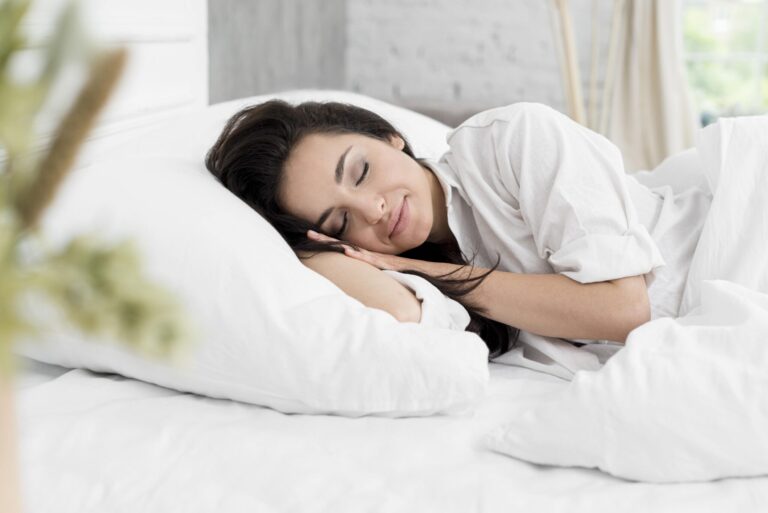
Everyone needs to sleep. It’s an activity our body has to do in order to recuperate for the next day. Without sleep, a person could lose the ability to focus and physical capability, making even the simplest task seem challenging.
This is the reason why some cultures encourage sleeping midday so that the body could recuperate for afternoon activity.
It’s a common belief that a person should be able to sleep at least eight hours without interruption. But recent study and history shows that during the middle ages, the idea of sleeping for eight hours was non-existent.
One historian, Roger Ekirch, published a study showing that people during the Middle Age did not sleep for eight hours. Instead they would sleep for four hours (two hours after dusk), wake up for an hour or two and then sleep for a further four hours.
During the two hours individuals were awake they would do their chores, read or simply stay in bed enjoying intimate moments with their partner.
One science experiment has looked into why people in the Middle Ages would have followed this 4-2-4 sleeping pattern. Several individuals were placed in a light controlled room for 14 hours a day and their sleeping patterns were monitored. After four weeks, most individuals began to fall into the 4-2-4 pattern without any external influence.
The study goes to show that the sleeping habit in the past is due to the lack of lighting. Although this doesn’t have any conceived health benefits, some health experts believe that this type of sleeping pattern could help a lot of people especially those concerned that they can’t sleep for a few hours at night.



Such an interesting experiment, the ability to control the sleeping behavior could work really positively for the people that can not sleep during the night and by that their whole efficiency could change.
In the Middle Ages they did not have Quake 2 and Starcraft game so they should have slept more. I find it hard to believe that they slept so little back then when life was harsher (no buttons, no escalators and lifts, no motorised lawnmowers etc.)
Psychologist call this the Biphasic sleep, there are a lot of different sleeping variations.
Buckminster Fuller even managed to use a Polyphasic (Multiple phases) sleep called Dymaxion.
He had to sleep 30 minutes every 6 hours, which drastically reduced his sleeping times. This is actually really time saving, as you sleep only a total of 2 hours every 24 hours compared to 8 hours when you sleep the whole night. But eventually he had to stop after 2 years, because of his wife and business partners…
wow, this was pretty interesting. I am really wondering how it would be to have two phases where you sleep and a break in the middle. Sounds like an experiment that is worth a try. Always a good thing to get some good sleep.
This is one of the main reasons I would like to work abroad, an afternoon nap is very rejuvenating. Most of the time they Europeans say it is because of the heat, however with today’s air conditioning they surely should follow the UK’s lead and work harder.
I personally seem to have a pretty strict 7 hour sleep cycle. After 7 hours of sleep I wake up feeling pretty alert and rested. 30 minute more or less makes me little cranky. But I have a friend who wakes up after 4 hours of sleep and can’t go back to bed. So she does some work or read until she feels tired again, and then she sleeps another 2-3 hours before she goes to work. And she is very active all day long.